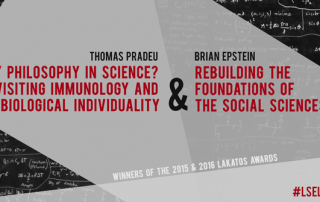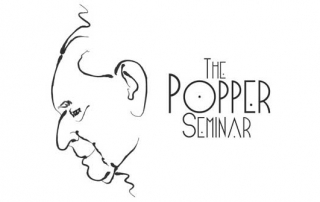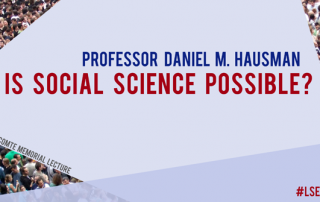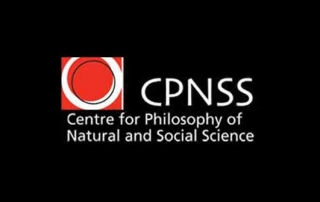Mike Otsuka (LSE): “Reciprocity versus Redistribution: The Case of Collective Pensions”
Mike Otsuka (LSE): “Reciprocity versus Redistribution: The Case of Collective Pensions”
Pensions involve transfers from those who are young, healthy, able-bodied, and productive to those who are elderly, infirm, and out of work. Are these justified as redistributive transfers between distinct individuals – from those who are lucky to others who are unlucky – in order to eliminate […]







Connect with us
Facebook
Twitter
Youtube
Flickr